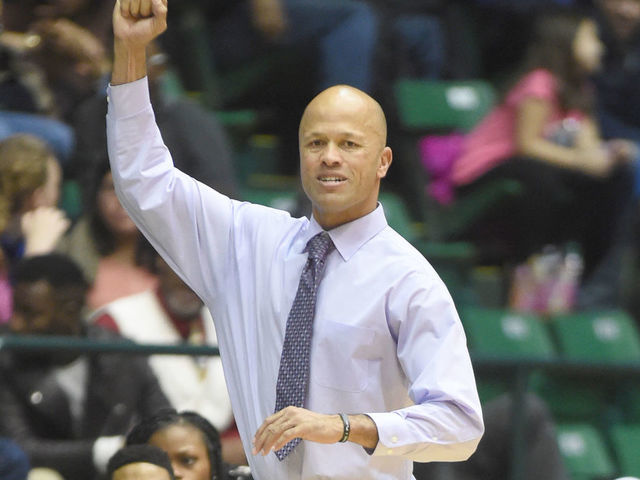In a significant move to bolster international academic exchange, the U.S. Department of State announced today that 19 Historically Black Colleges and Universities have been designated as “Fulbright HBCU Institutional Leaders” for their outstanding engagement with the Fulbright Program during the 2023-24 academic year.
The announcement was made ahead of the upcoming 2024 Annual National HBCU Week Conference, hosted by the White House Initiative on Advancing Educational Equity, Excellence, and Economic Opportunity through HBCUs. This recognition highlights the integral role HBCUs play in promoting global engagement and cross-cultural understanding.

The Fulbright Program has long been the United States government’s flagship international educational exchange initiative, designed to foster mutual understanding between people across diverse cultures. Initiated in 1946, it has provided over 400,000 students, scholars, teachers, and professionals from various backgrounds with opportunities to study, teach, and conduct research abroad.
Secretary of State Antony J. Blinken applauded the selected HBCUs, stating the designation “is a testament to your institution’s dedication to promoting global engagement and international understanding.”
Scott Weinhold, senior bureau official for the Bureau of Educational and Cultural Affairs, echoed this sentiment, noting how the involvement of HBCUs in the Fulbright Program builds meaningful relationships worldwide.“The U.S. Department of State and the Fulbright Program are committed to reflecting the full diversity of the United States,” said Weinhold. “Historically Black Colleges and Universities are vital contributors to America’s higher education community. They are dedicated institutions working to develop the leaders of tomorrow.”
The Fulbright HBCU Institutional Leader status recognizes those institutions that actively host international faculty and graduate students while also sending their recent graduates and faculty overseas for various scholarly endeavors.
The initiative’s framework highlights the commitment to showcasing HBCUs as prime destinations for international students and scholars, ultimately preserving their rich intellectual traditions and histories. The program not only encourages participation among students and faculty but also enhances the global perspective at these institutions.
Karl Jackson, a Fulbright U.S. Scholar to Ghana and associate professor at Virginia State University, collaborated on innovative water purification solutions with his peers at the University of Ghana. His work exemplifies the impactful collaboration the Fulbright Program fosters between the U.S. and other nations.



Several current and former Fulbright participants shared their transformative experiences, demonstrating the program’s profound impact. Allison Gilmore, a Fulbright U.S. student to Austria and a proud alum of North Carolina A&T State University, highlighted the importance of HBCUs in fostering global leaders. “HBCUs are institutions that were specifically created to educate Black students, and as we continue to make our marks in history, we show the world how worthy we are of our placement in these spaces,” she asserted.


Maame Efua Addadzi-Koom, a Fulbright Scholar-In-Residence from Ghana at Howard University, expressed gratitude for her time at the institution, where she taught courses on gender and law. “My Fulbright journey was memorable. It was full of lessons and exciting and challenging experiences that shaped me,” she reflected.




Busola Mercy Adebayo, a 2022 Fulbright Foreign Language Teaching Assistant from Nigeria to Fayetteville State University, noted the opportunity the program provided her. “Fulbright gave me a platform to teach my language and showcase my culture. To learn about the U.S. educational system and culture. Above all, my experience and exposure during my Fulbright FLTA program is second to none. I learn, unlearn, and relearn,” she stated.
FSU’s provost, Dr. Monica Leach, noted that the university’s engagement with the Fulbright Program is part of its dedication “to ensure that our faculty and students can pursue international collaboration and enrichment experiences,” bringing global engagement to the campus to benefit students and the entire community.






